Strengthening Community through Constructive Dialogue
Using dialogue as a tool to foster conversation among faculty, staff, and student teams creates an environment where diverse perspectives are valued and collaborative problem-solving can thrive.
Dialogue encourages participants to listen actively, speak openly, and engage empathetically, breaking down traditional hierarchies and fostering a sense of shared purpose. Through structured dialogue practices, participants can explore complex issues, address misunderstandings and build trust across different roles and backgrounds.
This approach not only enhances team dynamics but also promotes a culture of continuous learning and inclusivity, empowering all members to contribute meaningfully to campus initiatives and community building efforts.
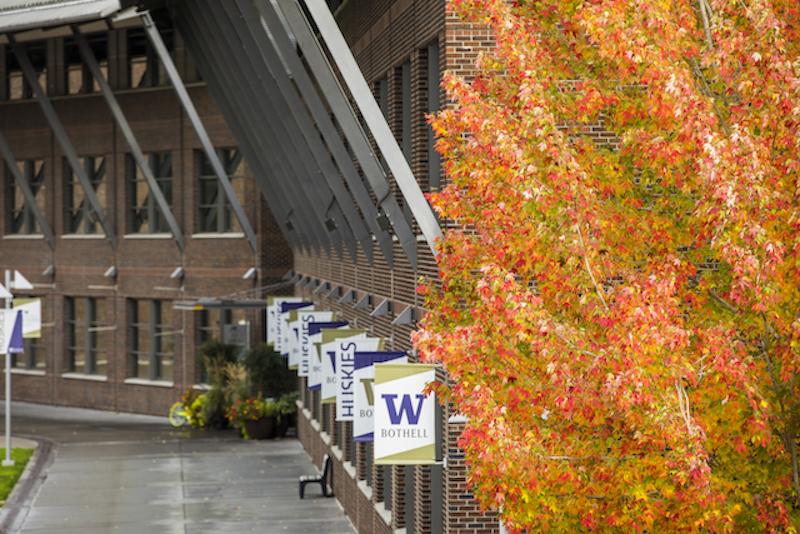
Fall 2021
- Vice Chancellor of Diversity, Equity and Inclusion collaborated with divisional campus leaders to initiate cross-campus dialogue.
- The goal of the dialogue initiative was to build community through constructive dialogue.
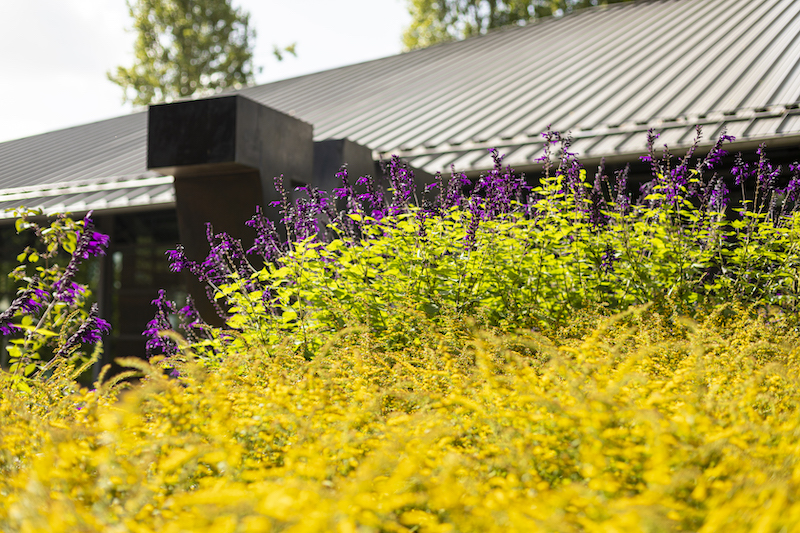
Spring 2022 – Fall 2023
- Conducted a vision roadshow to promote the importance of a campus-wide dialogue program.
- Researched and consulted with dialogue providers nationwide to explore and determine suitable program offerings for the campus.
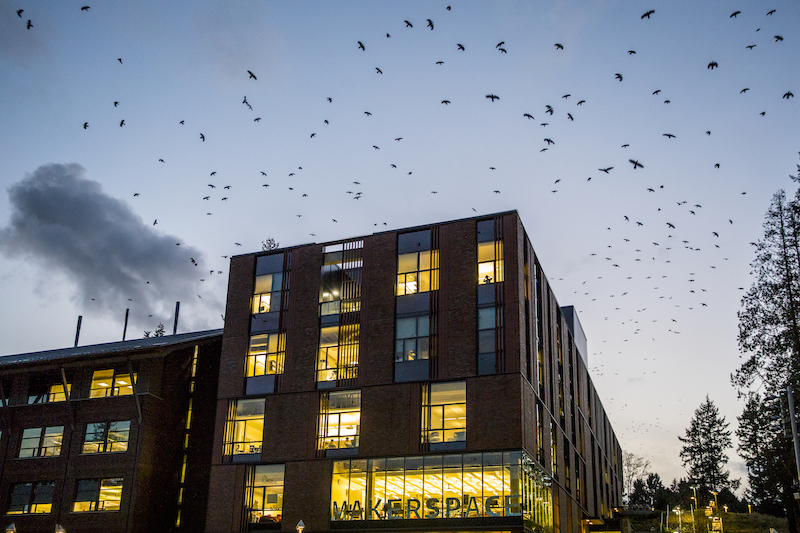
Fall 2023-Winter 2023
- Applied to partner with the Constructive Dialogue Institute (CDI) through Student Affairs Administrators in Higher Education (NASPA) as part of a national pilot project.
- Through a competitive process, ODEI was chosen to participate in the pilot program alongside 31 universities nationwide.
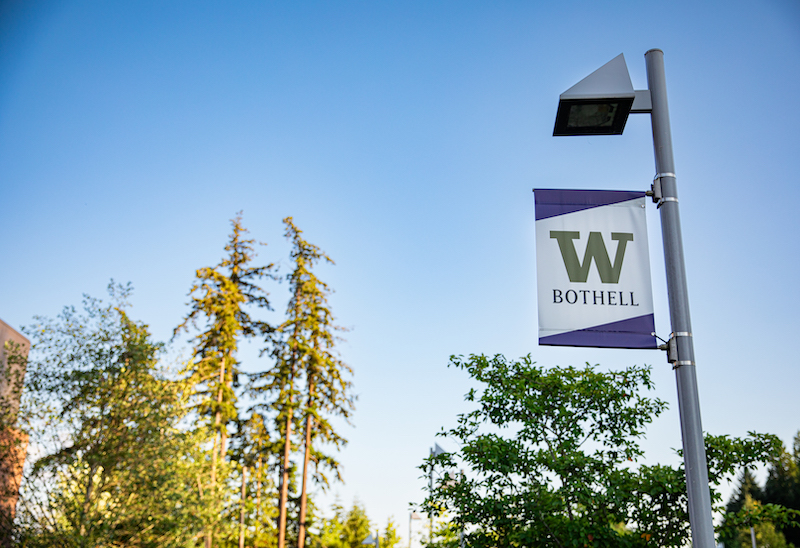
Spring – Summer 2023
- Introduced CDI’s Perspectives program across various classes, schools, leadership teams and to new students during orientation sessions.
- Received overwhelmingly positive feedback from participants who reported the program boosted engagement and facilitated discussions on challenging topics.
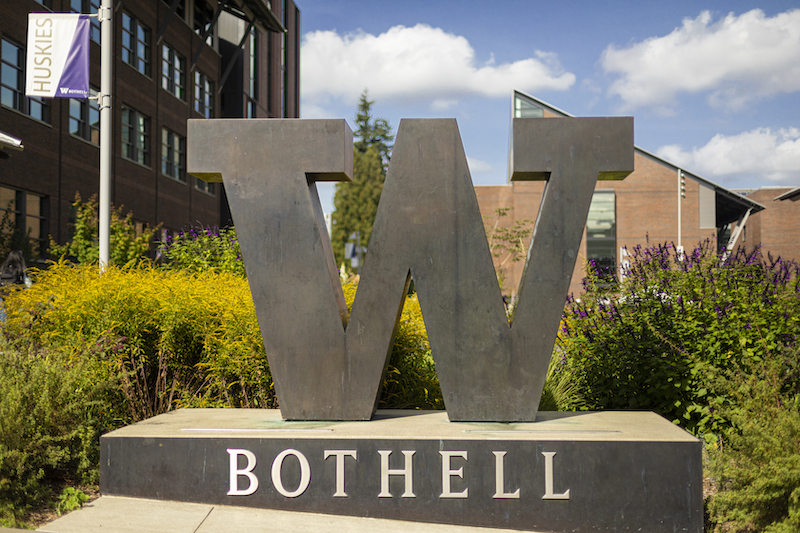
Today
- ODEI is offering the Perspectives program again to the UWB campus, highlighting the importance of strengthening dialogue skills and enhancing the sense of belonging within the UWB community.
- If you are interested in CDI complete this interest form to receive more information.
Dialogue for Students
Since the launch of the dialogue initiative, a key goal has been to develop dialoging skills for UW Bothell students. This is being accomplished through integrating dialogue practices into:
To date, 14 courses in the First-Year Pre-Major (FYPP) program have embedded Perspectives into their curricula. Student feedback has been overwhelmingly positive, with many reporting a stronger sense of community, deeper peer connections, and increased comfort with navigating challenging conversations. Faculty also report that students show heightened engagement in their classes overall after participating in CDI and have found ways to incorporate dialogue into other class activities.
Starting in Summer 2023, ODEI has been introducing new students to dialogue practices during orientation, featuring foundational skill-building, interactive exercises, and peer-to-peer practice sessions. Students engage in an activity to share ideas for staying connected throughout the academic year, and each session concludes with feedback. Participants reported feeling welcomed and supported as they begin their academic journey at UW Bothell.
Student staff teams have been actively creating community through constructive dialogue. These experiences aim to equip student staff with tools to effectively connect with peers, community members, and other UW employees. Feedback has been highly positive, with many student staff members expressing an increased sense of empowerment and confidence in navigating challenging conversations.
Starting in summer 2024, the Diversity Center hosted a half-day professional development session for prominent student leaders on campus. The session introduced participants to foundational principles of dialogue, then gave them the opportunity to apply these concepts in small group breakout discussions. In these groups, students were presented with case studies centered on potential campus conflicts and tasked with collaboratively problem-solving. Each group shared their findings with the larger cohort, sparking further discussion and reflection. The training is set to continue through future joint sessions with campus partners and their student staff teams.
Dialogue for Faculty and Staff
UW Bothell faculty and staff have engaged in multiple opportunities within the dialogue initiative. School, unit, and leadership teams have completed the Perspectives program, enriching both their professional development and team cohesion. Many faculty and staff report a deeper understanding of navigating dialogue across differences, leading to more effective and inclusive interactions across campus.
